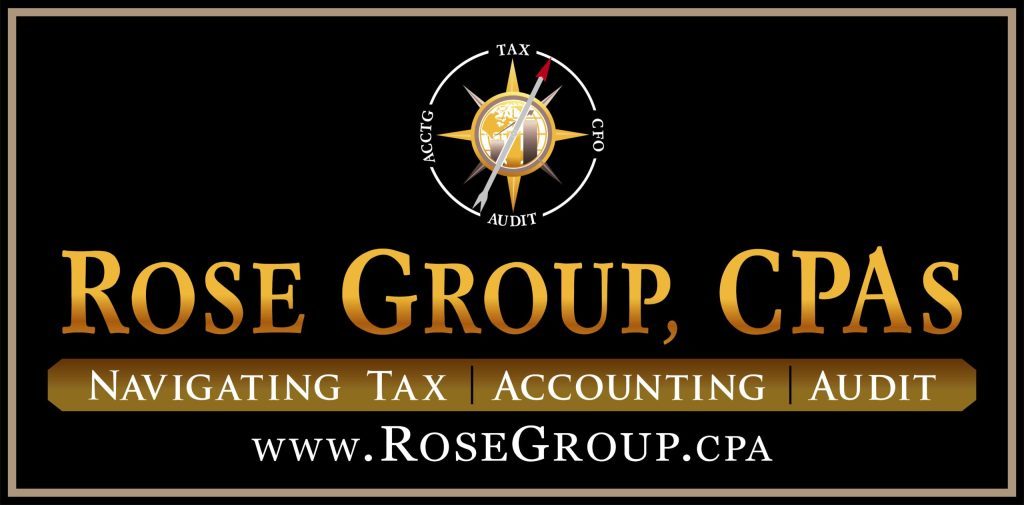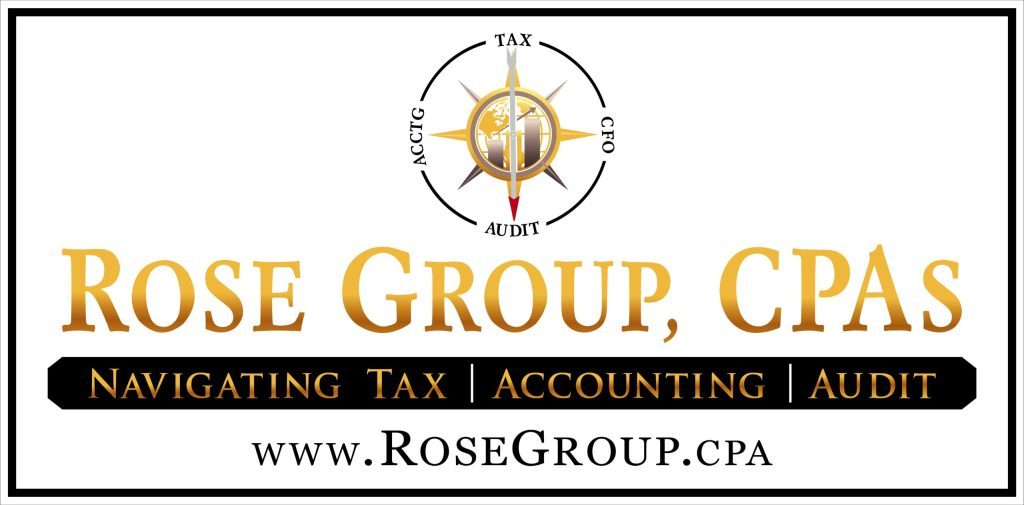As Baby Boomers approach retirement, many #small business owners are beginning to plan their exits, creating what’s being called the “silver tsunami.” For Millennials and Gen Z, this presents a “golden opportunity” to acquire established businesses. However, buying a business is no small feat—it requires thoughtful planning, due diligence, and careful market research.
Before jumping into the buying process, take some time to reflect on your goals and resources:
- Does business ownership align with your personal and professional goals?
- Are you comfortable with the risks involved?
- Do you have the time, energy, and passion for running a business, particularly in the industry you’re considering?
A successful transition into business ownership requires more than just ambition. You’ll need the right combination of education, experience, tools, and desire. Ideally, you should already have some knowledge of the industry. A solid understanding of basic business principles and finance is also essential. If areas like marketing and operations aren’t your strong suit, it’s important to identify who will help you in those areas.
Finding the Right Business
When you’re ready to start looking, online marketplaces, business brokers, and professional networks are good places to begin. You might also consider reaching out directly to business owners to express your interest in acquiring their business.
Build Your Team of Advisors
Having the right team in place is crucial to make informed decisions:
- CPA: A financial expert, like the team at Rose Group CPAs, will help you assess the financial health of the business and your own financial readiness.
- Attorney: A business lawyer will guide you through the legal aspects of the acquisition, ensuring the deal is structured properly and protects your interests.
- Business Broker: Brokers can help find opportunities, facilitate negotiations, and guide you through the buying process.
The Importance of Due Diligence
Due diligence is a critical step in making sure you’re making a sound investment. This means thoroughly reviewing the business’s financial health, including financial statements, tax returns, and cash flow reports. If you’re not experienced in this area, seeking help from a business advisor can provide clarity.
Spend time understanding the business’s daily operations and evaluating its market position, competition, and growth potential. Shadowing the current owner can offer valuable insights into the business’s day-to-day realities.
Legal and Financial Considerations
Work with your attorney to review potential legal issues, such as contracts, tax liens, leases, and intellectual property. Securing funding is another critical step. Fortunately, there are several options available. Many retiring #business owners are open to seller financing, where they finance part of the purchase price themselves. You can also consider traditional bank loans or SBA loans, or even partner with investors who can provide capital in exchange for equity.
Getting a Valuation and Negotiating Terms
Before making an offer, get a professional valuation to determine the fair market value of the business. This helps you avoid overpaying and gives you leverage during negotiations. Here are the most common methods used to determine a business’s worth:
- Earnings-Based Valuation: This looks at the business’s profitability (SDE or EBITDA) and applies an industry multiple.
- Market-Based Valuation: Compares the business to similar ones that have recently sold.
- Asset-Based Valuation: Focuses on the value of the business’s assets minus liabilities.
- Discounted Cash Flow: Projects future cash flow and discounts it to present value.
Beyond the numbers, qualitative factors influence the valuation:
- Businesses with a dominant market share, loyal customer base, or brand recognition often command higher valuations.
- A business with clear growth opportunities, such as expanding markets or product lines, may be valued more highly.
- Higher perceived risks (e.g., heavy reliance on a single customer or outdated technology) can lower the business’s value.
- Patents, trademarks, strong management teams, and intellectual property can add significant value.
Throughout the entire process, it’s important to work with legal and financial advisors to ensure the deal is structured properly and that your interests are protected.
Buying a business is a big step, but with the right preparation and guidance, it can be incredibly rewarding. At Rose Group CPAs, we can help evaluate your financial readiness and provide personalized advice on whether acquiring a business is the right move for you. Reach out to us today to get started on your business acquisition journey!


